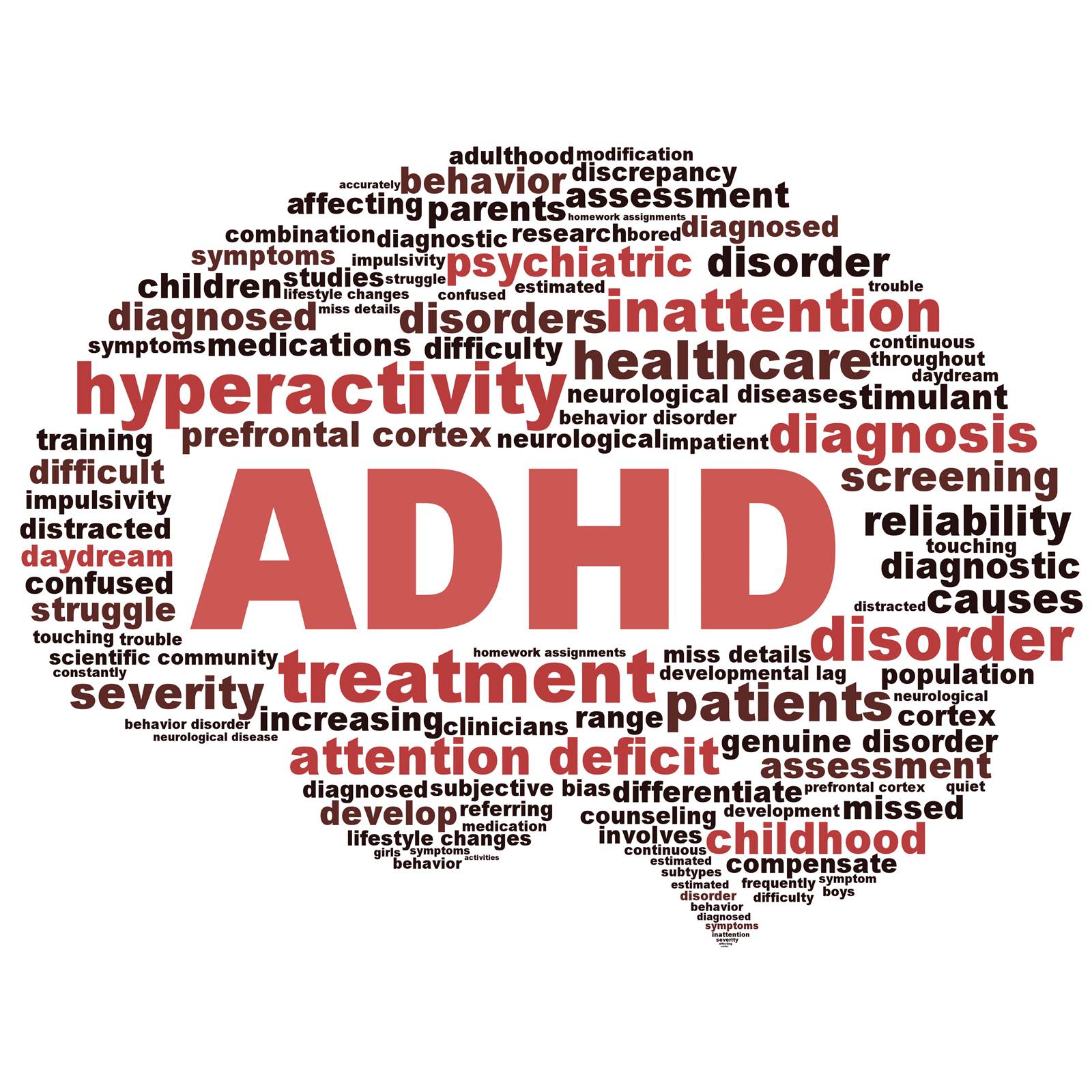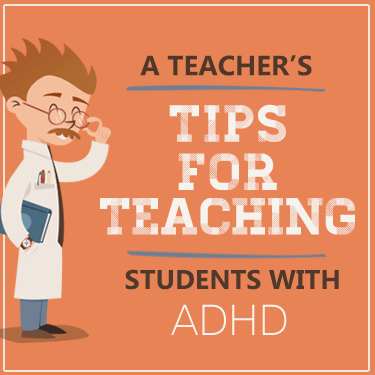ADD/ADHD: The problem or the label
ADD/ADHD: The problem or the label
In light of all the recent things and troubles we have had at school with our son I have been thinking and pondering a lot. And I decided to do some more research on ADD and the three subtypes. So hear goes...
What is ADHD?
ADHD is an acronym for Attention Deficit and Hyperactivity Disorder. In the past, we also knew it as ADD (Attention Deficit Disorder) but nowadays they have grouped everything under ADHD with three subtypes:
Image by Science Based Medicine
- Inattentive ADHD (Formerly known as ADD)
- Hyperactive-Impulsive ADHD
- Combined ADHD
Let me shortly elaborate more on the types of ADHD
Inattentive ADHD
Inattentive ADHD are those learners who struggle to pay attention, to listen, to follow instructions. They are easily distracted.
Hyperactive-Impulsive ADHD
Hyperactive-Impulsive ADHD are those learners who screams out an answer without thinking, they can't sit still. They always seem to be on the run.
Combined ADHD
Combined ADHD are those learners who show signs of Inattentive ADHD and Hyperactive-Impulsive ADHD. This is also the most common type being diagnosed nowadays.
How is ADHD treated?
Most of the time doctors treat ADHD by prescribing any of the ADHD medication (Ritalin etc.)
Some doctors first recommend adopting a learners diet. Cut out certain food, sweets, food colors etc. before they go the extreme route of putting them on medication.
BUT...
Are all the learners, who are diagnosed with ADHD, truly ADHD?
I know about a school where the teacher tells the parents that their child is ADHD, without going through the proper channels, and then telling them that they will not pass the child if they, the parents, don't put the child on ADHD medication. This has been done to us regarding our son this past week, where they will be refusing to admit our son to the school if we didn't put him on the correct meds. Well, we won't be putting him in this school.
This needless to say makes me
Image by Crosswalk
No teacher has the right to "threaten" parents with their child's future so that they must put them on ADHD medication.
An Educational Psychologist I work closely with at school made the following comment a few weeks ago:
"Only a small amount of learners who are on ADHD medication is drinking it because they truly have ADHD, the other group is on ADHD medication for the sake of there parents and/or the teachers. " Especially at the above-mentioned school.
I nearly had a fit when someone asked me a little while ago if my six year old has ADHD because he was running around and teasing his sister etc. He is a typical 6 year old boy who loves to play and run around and added to this he is academicly gifted as well. Yes, he is sensitive to green, orange, and red food coloring, but at least we know that now, and have adapted his diet accordingly, and we won't find it out when he has to go to school.
As a teacher I can understand that you want a peaceful class, where everyone sits still and listens, BUT how can you expect from a 5 year old to sit still for nearly 8 hours. That is IMPOSSIBLE! Rather channel their excitement and energy into activities that are educationally acceptable.
Here are a few tips on managing ADHD learners in your class:
- Make them your workers, the ones handing out the books, running the chores. (Most of them can't sit still for very long so this will constructively channel their energy. (Used the call them my "Worker bees" when I taught Grade 3's)
worker bee.png - If they seem fidgety let all the learners get up and do some stretching exercies or any gross motor or fine motor exercises. You can incorporate math here (Ex. Hold the stretch while counting in 2's from 0 to 40. etc.)
- Seat the learners away from the windows and doors, where there attention can easily be distracted. Also seat the learner as close to you as possible, since you can easily see when they are distracted, is becoming fidgety etc.
- Make the lesson as interesting as possible. Use visual clues (charts, powerpoints etc.)
- Don't "overload" the learner with instructions. Give them one at a time. This ensures you that they have heard what you said and can't get confused that easily.
How do you manage your ADHD learners in your class?
The above tips are just few you can use, but please leave your tips in the comments so we can assist each other.
Are you an adult with ADHD?
I recently realized that maybe I have had ADHD my whole life. But ADHD wasn't a go-to diagnosis when I was little. Over the years I have learned to manage in a big room, learn to sit still, learned to give attention when needed. Yes, it is not always possible but since I can remember the teachers struggled to hold my attention. I struggled to sit still, and usually got distracted by any sound that was different from the sounds generally heard in the classroom.
How are you as adult managing and surviving in today's work environment. Are you on any medication? What strategies are you using to survive and make working easier?
Please comment your tips/advice/strategies on living with/managing ADHD.
Sources
Source 1
Source 2
Source 3
Source 4
Source 5

Team South Africa banner designed by @bearone



It is really bad that the school says, that they won't pass the child, if he is not on the medicine, specially if a proper diagnoses has not been done.
ADHD is such a complex area that affects the child, the family and learning. Every case I worked with in the school system took a lot of planning, communication and collaborative support with so many stakeholders.